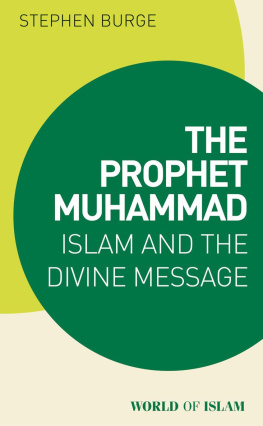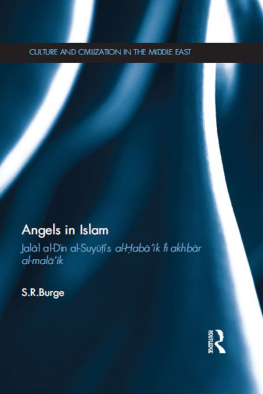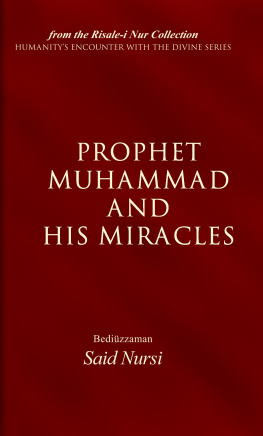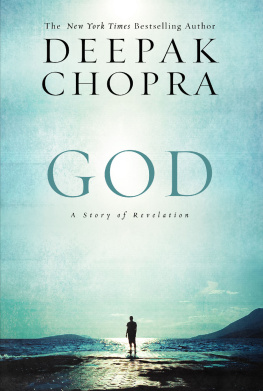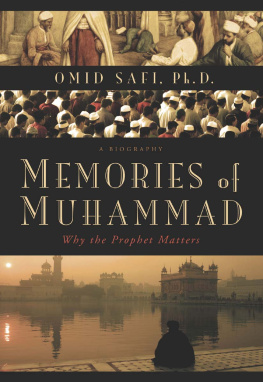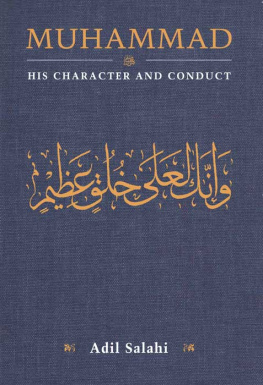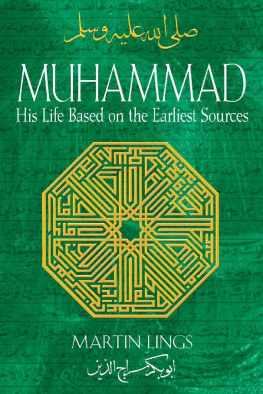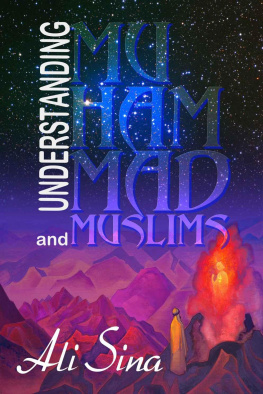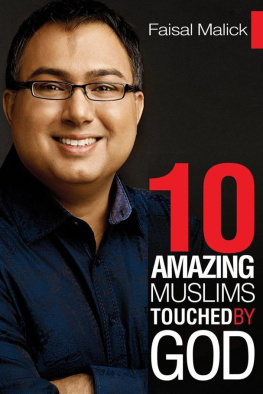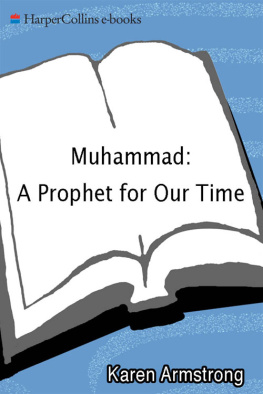Acknowledgements
This book has taken a few years to come into fruition and there are many people who have helped me along the way. I would like to thank those who have read and given me feedback on different versions of this book, especially the anonymous peer reviewers, Revd Evelyn Sweerts, Megan Wainwright, Dr. Shainool Jiwa, and Tara Woolnough. Especial thanks go to my editor, Raeesah Akhtar, who provided much needed guidance and numerous suggestions as this project developed and came to completion. Thanks also go to Russell Harris for producing the map and to Raeesah Akhtar for sourcing the brilliant pictures included in this book.
I would also like to thank the various places where I first presented some of the ideas featured in this book, most notably the Ismaili Centres in Lisbon and London, and the Jamatkhanas in Plano, Sugarland, North Houston and San Antonio, as well as the Ismaili students of the University of Texas, Austin. I was welcomed very warmly in every venue and received countless thought-provoking comments. My especial thanks go to Sham-Aviz Dhanji, Waheeda Kara and Noorudin Kara, along with many others, who looked after me so well on my trips to Texas and Portugal, as well as to Sarah Ismail for organising and planning these trips.
Thanks also go to my colleagues, friends, and family who have supported and encouraged me during the writing of this book, especially Dr. Farhad Daftary, Dr. Omar Ali-de-Unzaga, Dr. Asma Hilali, Dr. Toby Mayer, Julia Kolb, Naushin Shariff, Daniel Caleb, Laurelin Burge, and my two sons, Christian and Peter.
Note on the Text
In the interest of readability, diacritics for transliterated words have been limited to the ayn () and the hamza () where they occur in the middle of a word.
All dates are Common Era, unless otherwise indicated.
English quotations from the Quran are based on Tarif Khalidis translation, The Quran: A New Translation (London: Penguin Classics, 2009). For the purpose of the book, the translation has been adjusted to prose arrangement; any other necessary modifications to the translation are marked with an asterisk (*).
Quotations from the Bible are based on the New Revised Standard Version Bible, Anglicized Edition (Cambridge: Cambridge University Press, 2008).
Supplementary material related to the content of the book is available on the IIS website: www.iis.ac.uk
Introduction
Understanding the world around us is at the heart of our quest as humans. The way we perceive ourselves in relation to others and the rest of the world inevitably impacts our behaviour and beliefs. However, making sense of an often chaotic and capricious world can prove challenging. From rapid developments in technology and fluctuating geopolitical tensions, to the looming climate crisis and increasing global inequality, the unpredictable nature of the world means that we can never be fully prepared for, or certain of, the future. This can be fascinating and unsettling in equal measure.
Most recently, we have been starkly reminded of this uncertainty with the Coronavirus pandemic, during which this book reached its completion. While the devastating pandemic has brought to light the harsh reality of the precariousness of our world, it has also highlighted our increasing reliance on one another and our immense capacity for good. Realizing this potential through togetherness and acts of compassion can teach us how to not only survive, but also thrive, in an age of uncertainty, both individually and collectively.
For many, this potential arises from belief systems, be they secular or religious, which encourage the contemplation of ones purpose and seek to establish a source of guidance, positivity, and order. In the case of religious communities, this source often manifests as a higher divine power, usually the creator of the world. In most religious systems, the divine and the human realms are not isolated, but rather connections are continually established between the two. Through meditation and prayer, worship and thanksgiving, humans seek peace and enlightenment from the Divine; and, conversely, the Divine communicates with and guides humanity through the sending of prophets. Prophets are sent to transmit messages to the mundane world, informing adherents how to live their lives according to Gods will. This may be a general, moral and ethical way of living, or may concern specific ritual and legal duties. In any case, the teachings of a prophet have offered individuals throughout human history and across various cultures hope for a better and just future.
Muhammad holds a significant place for Muslims, continuing to function even now as a moral exemplar. His life and teachings inform the collective identity of the global Muslim community, in all its diversity, whether in the way Muslims choose to engage with business and politics, or how they express popular devotional practices. Therefore, to understand Muhammad, and what his role as a prophet entailed both during his life and after, is to understand the numerous Muslim communities around the world.
Being confronted with the beliefs of others causes us to consider and question our own way of thinking about the world. Indeed, studying Islam has challenged me to think much more deeply about my own beliefs. As a Christian priest, I am often asked why I study Islam and the Quran. The idea that I would be interested in a faith other than my own has bewildered many fellow Christians whom I have met over the years. Of course, there have also been many who have encouraged me, reminding me that in this contemporary age where tensions between and within religious and non-religious groups continue to exist understanding one another is an important and necessary tool in fostering a sense of unity, compassion, and openness within our society.
It is true that there is a strong link between the message of the Quran and the Bible, and understanding the relationship between the faiths more broadly, as well as aspects of their shared theology and history, is increasingly important. The Quran gives a prominent place to Abraham, Moses, and Jesus, with many other biblical prophets playing a part in the Islamic tradition. The prophets collective proclamations of the oneness of God, the need for social justice, and the blessings of divine mercy are beliefs that are held in common among Jews, Christians, and Muslims. As such, the Quran refers to Jews and Christians as the ahl al-kitab (people of the Book), meaning that the two communities had, in the Muslim conception, also received a scripture, a kitab, from God. Their designation as people of the Book gave Jews and Christians an important and distinctive legal status in classical Muslim culture, whereby diverse communities could often live harmoniously together throughout the medieval period. Modern interfaith dialogue has generally rallied around this shared heritage, unifying Jews, Christians, and Muslims under the umbrella term of the Abrahamic faiths, so called for their common ancestor, Abraham. This shared history and theology contributes to the way in which both the Quran and later Muslim thought conceptualize prophets and prophecy; in light of this, our exploration of the Prophet Muhammad and prophecy in Islam will also look to similarities and differences with the Bible (used throughout the book to refer to both the Jewish

